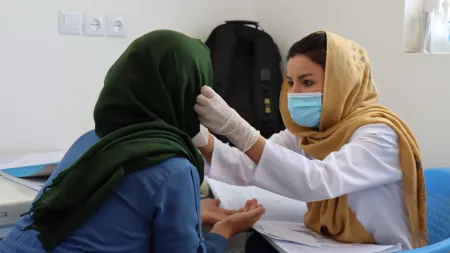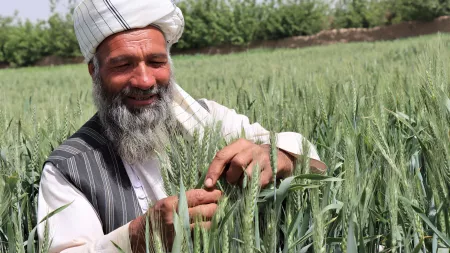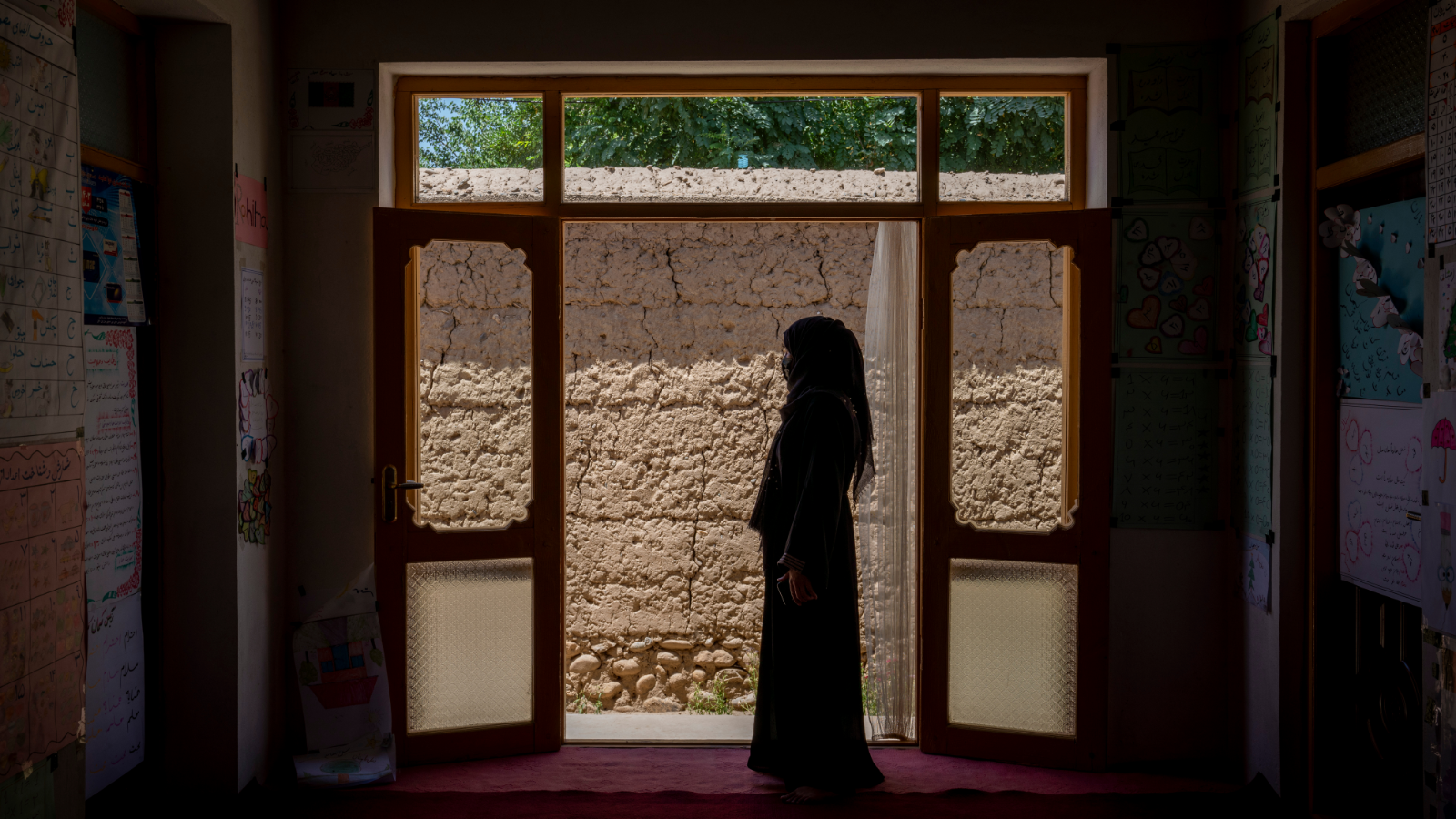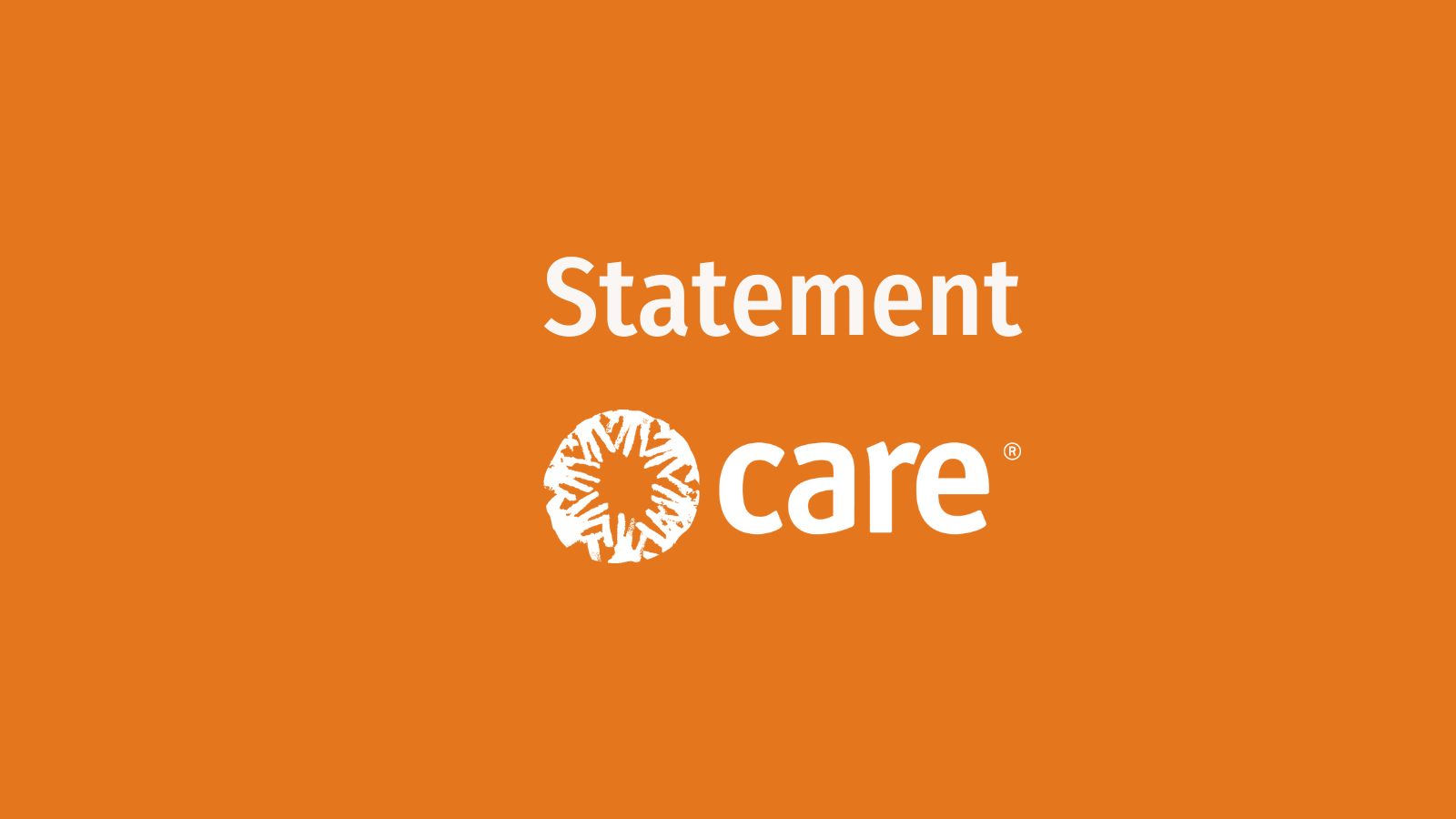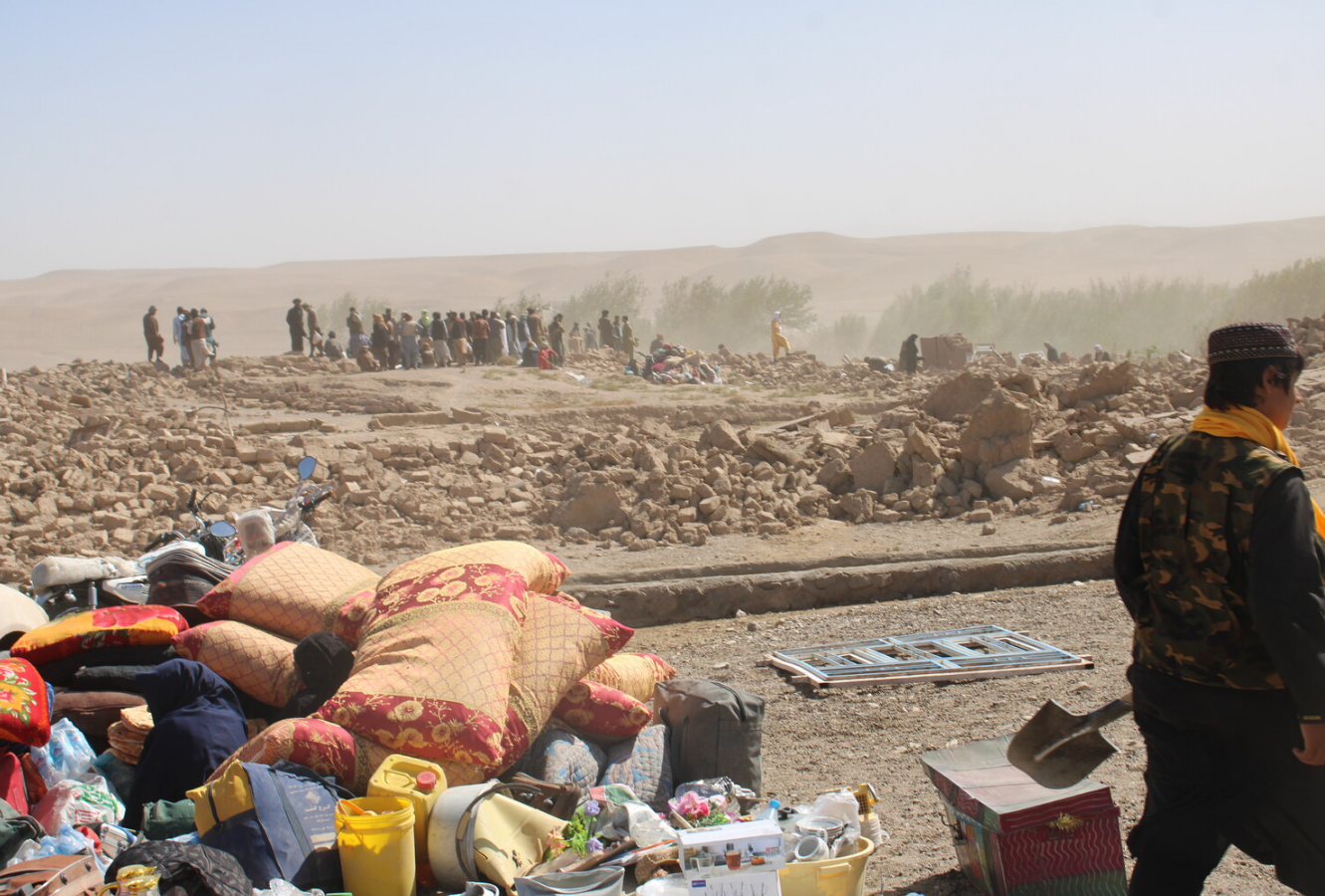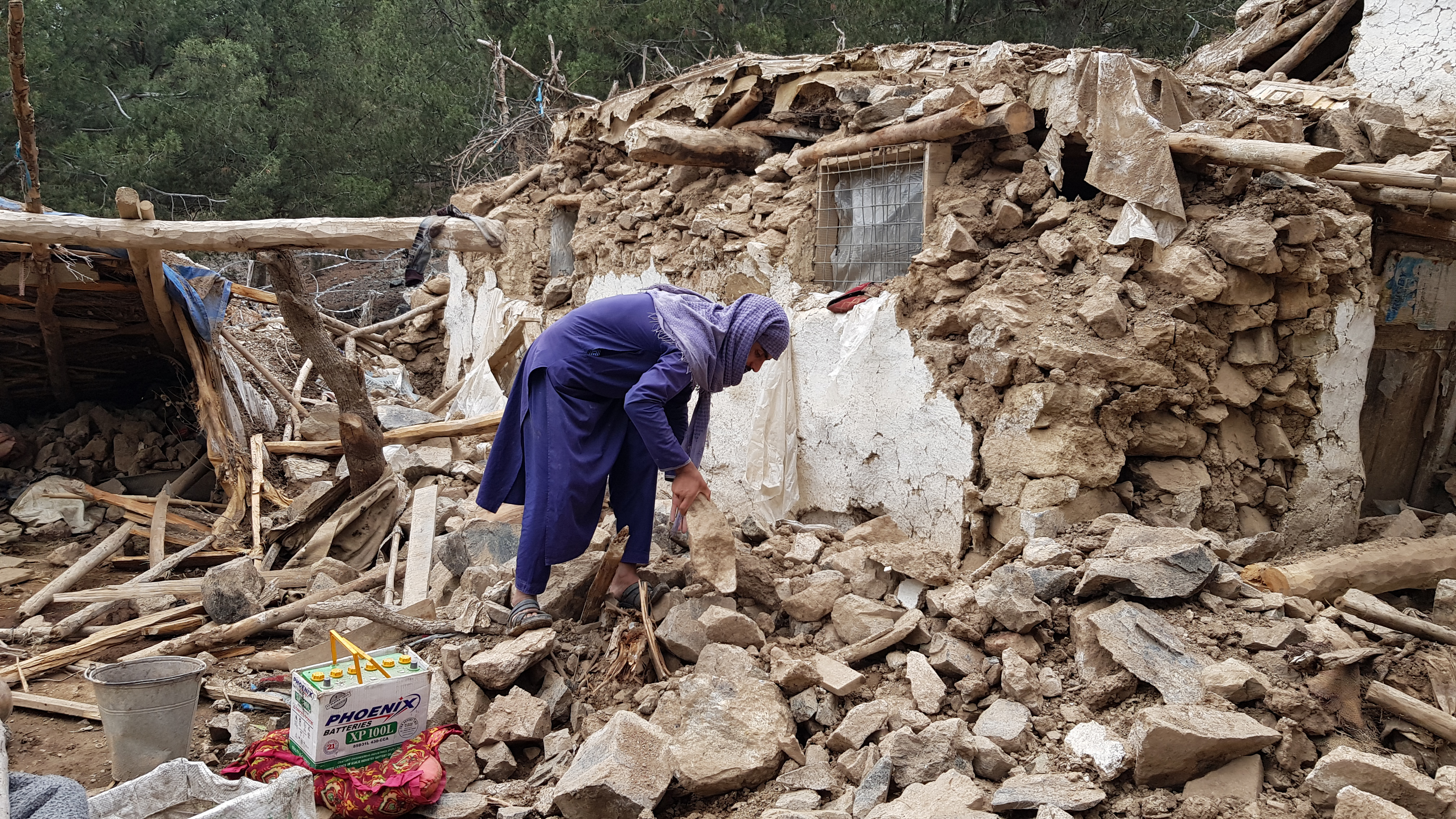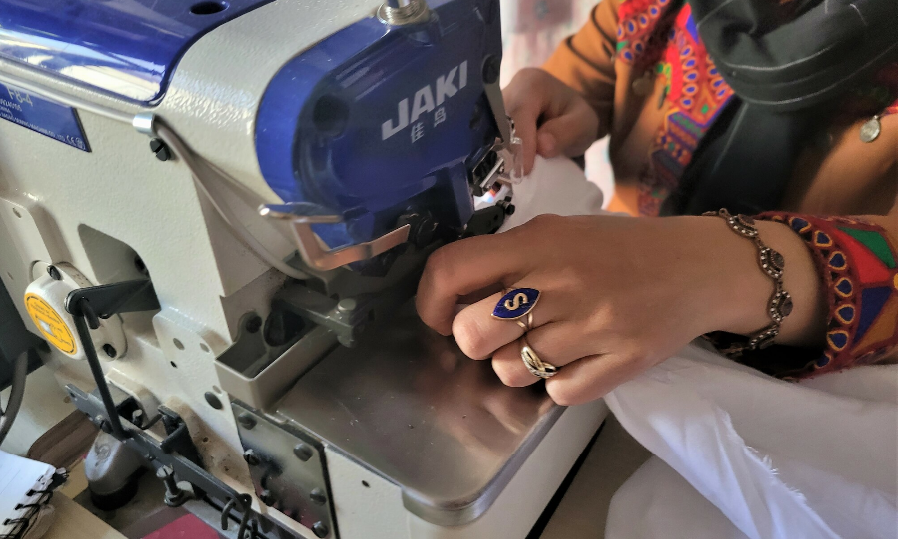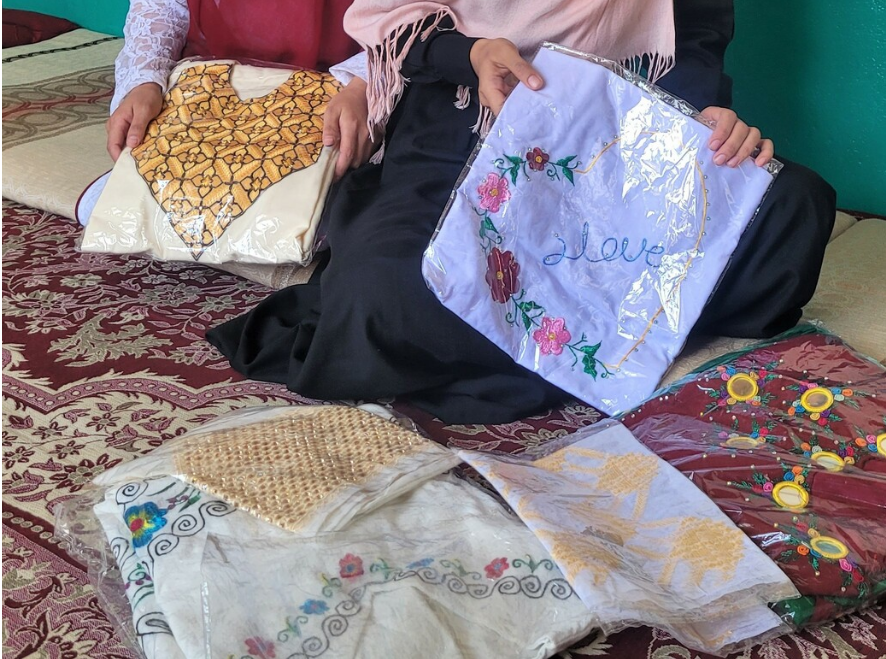History of CARE International’s work in Afghanistan
CARE International first established its operation in Afghanistan in 1961, but suspended activities in 1979 and resumed in 1989. Today, CARE is one of the leading humanitarian international NGOs in Afghanistan fighting poverty and providing life-saving assistance to vulnerable Afghans.
What CARE International does in Afghanistan
CARE Afghanistan’s programs center around four main areas:
- Humanitarian Action: Responds to emergencies caused by natural disasters, conflict and internal displacement in rural, urban and most underserved communities.
- Resilience Program: Works on women’s social and economic empowerment, food security and livelihood, promotion of inclusive governance and women’s access to and control over economic resources including financial inclusion, women in value chains and business; for example through crop and animal production ensuring that women and men are engaged in agricultural value chains and businesses.
- Education Program: Helps to provide education for children, especially girls, through the use of community-based approaches (CBE). It also provides opportunities for school-age children in remote areas for learning in safe, inspiring and culturally appropriate environments both at primary and secondary levels.
- Health Equity and Rights Program: Provides primary health care services to vulnerable women, men and children, including the promotion of high-quality Sexual Reproductive Health and Rights services. It also deploys mobile health teams; improves Frontline Health Worker capacity and implements nutrition, Gender-Based Violence response and survivor referral support services.
In addition to its community-based work, CARE Afghanistan advocates with and on behalf of vulnerable and marginalized Afghans for national and international policies that support and protect their interests and maximize their chances to break out of the cycle of poverty.
For more information, please contact CARE Afghanistan Country Director, Victor Moses: [email protected]
